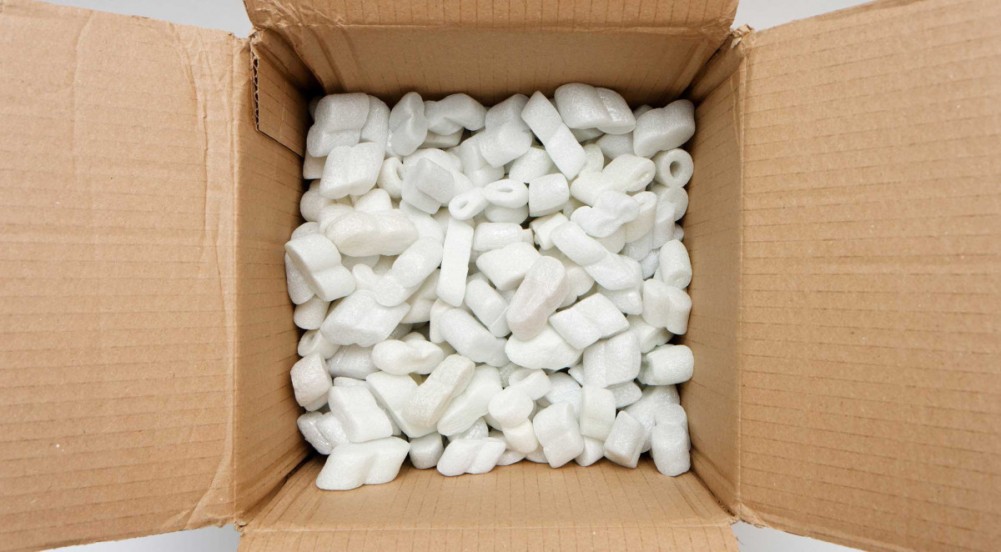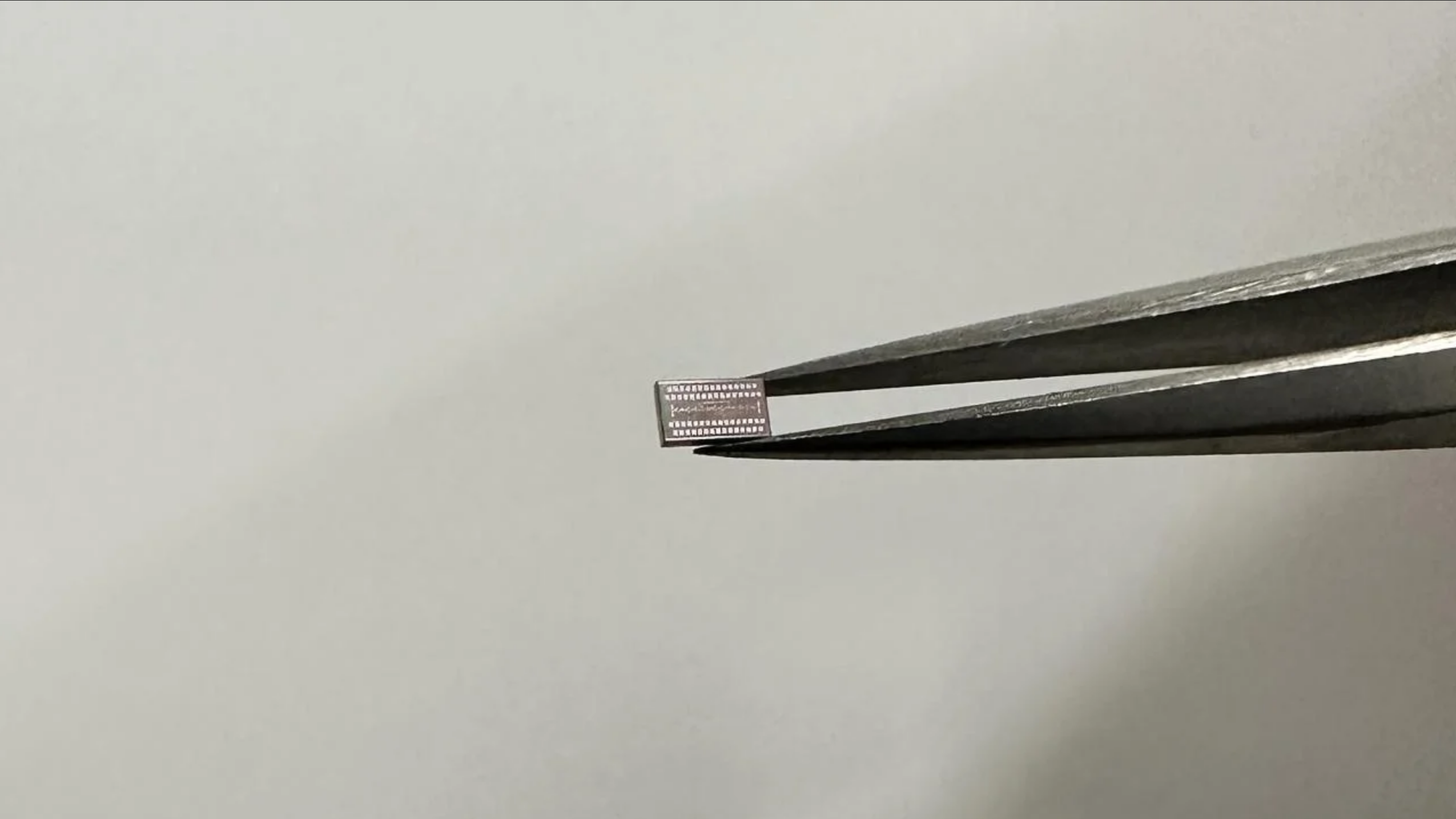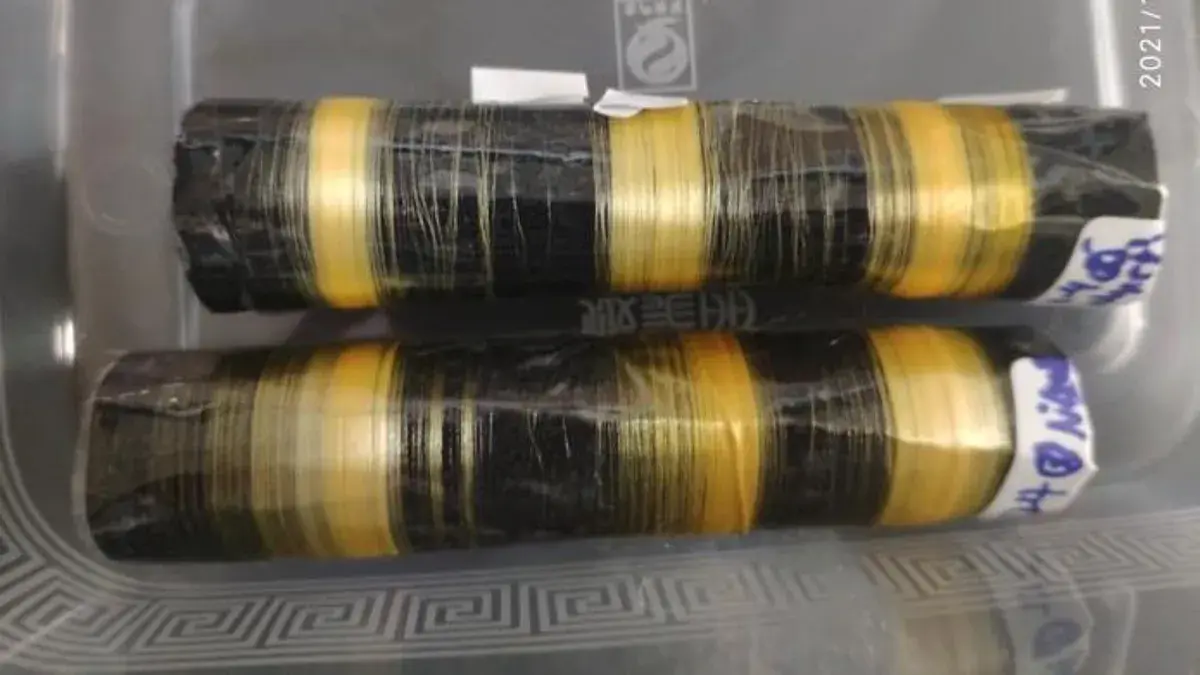We’ve all seen polystyrene packing peanuts and thrown them into the garbage without a second thought; once our peanuts reach a landfill they stay there without decomposing for more than a century.
Turning 50% of Packing Peanuts into Lithium Ion Anodes within a Decade
When Dr. Vilas Pol, Associate Professor of Chemical and Materials Engineering at Purdue University began setting up a new lab he noticed that delivers of new equipment and chemicals was accompanied by a huge volume of packing peanuts. He began to think about the waste they were creating and whether or not the packing peanuts could be used for another purpose.
Pol found that packing peanuts are composed of carbon, hydrogen and oxygen and he and the team wondered if they could use the carbon for another purpose. They heated the packing peanuts to very high temperatures thereby creating very thin microsheets of carbon nanoparticles. What Pol and his team discovered was that the resulting carbonaceous material had a tremendous surface area on which they could deposit lithium-ion materials. The results was a higher capacity, faster charging battery. The team these tested their new batteries and found they significantly outperformed commercially available batteries.
According to recycling industry analysts only 10% of packing peanuts in the US are recycled each year. What’s more plastic containers, bags, bottles and packing peanuts make up 30% of municipal waste created in the United States with only 40% of these packaging materials recycled. With all of this cheap garbage there will be plenty of materials to help create better batteries.
The following video “Packing Peanut Power Supply” discusses Pol’s presentation to the American Chemical Society.
References and related content:







